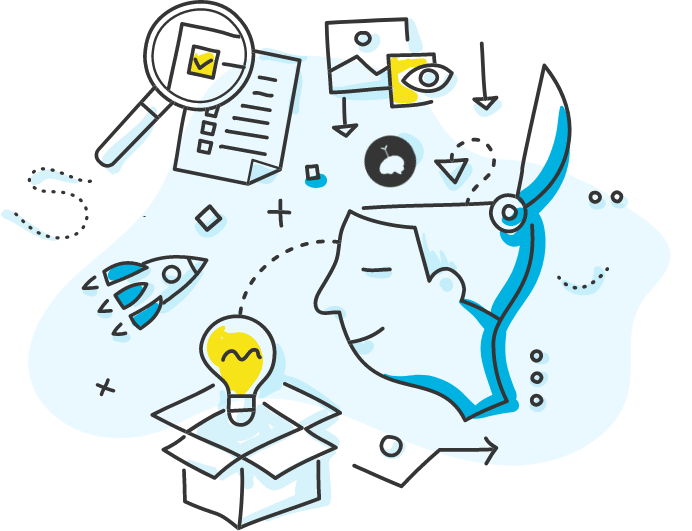Estimated Reading Time: 1 minute, 40s.

Spending money on material objects is fun, but buying material objects doesn’t actually impact your happiness all that much. According to Shawn Achor, the author of the book The Happiness Advantage, “money can buy happiness, but only if used to do things as opposed to simply have things”.
How can you use money to become happier? Achor suggests spending money on two things:
- On experiences, which produce positive emotions that are more meaningful and lasting
- On other people, which makes you way happier than spending money on yourself (especially when you spend money on experiences with other people)
Research has shown that “money spent on activities—such as concerts and group dinners out—brought far more pleasure than material purchases like shoes, televisions, or expensive watches”. Similarly, participants in a study “who were told to spend [money they were given] on others (for instance, by treating a friend to lunch, buying a toy for a younger sister, or donating to charity) were happier at the end of the day than the ones who had been instructed to spend the money on themselves.”1
What can you do to use this research to your advantage? Achor suggested adopting a budgeting ritual that I personally love:
- Break down your monthly expenses into two columns: “having” and “doing”
- At the end of every month, review both lists, and think about how much happiness each purchase brought you, and how long that happiness lasted

At the end of the day, Achor suggests that “you may quickly find yourself wanting to reapportion money from your ‘having’ column to your ‘doing’ column”, especially after you realize how much more happiness and meaning your experiences bring you”.
In my opinion, money is a tool–nothing more. It’s worth taking a step back and evaluating not only how you spend money, but also how how it contributes to your happiness. Money will ever be able to buy you total happiness, but when you use it as a tool to have fun with other people and experience new things, it will no doubt help.
Source: The Happiness Advantage. ↩




